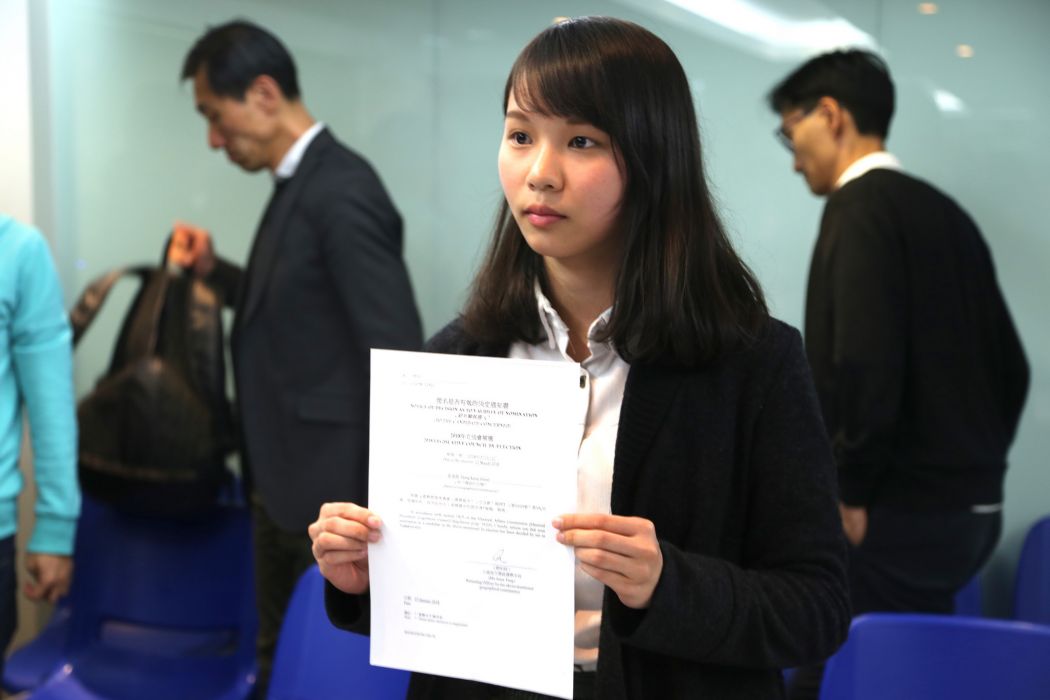The Hong Kong Bar Association has said that the power of election officers to confirm the validity of election candidates by assessing their political stance “equivalent to the introduction of a political screening process.” It said election officials – also known as returning officers – are able to interpret and administer the candidacy requirement of upholding the Basic Law “under a closed door inquiry.”
In an election petition case on Tuesday, Mr Justice Thomas Au ruled that a returning officer can examine matters beyond the formal compliance of the nomination form, and candidates should be given reasonable opportunity to respond to any materials raised by returning officers. However, a returning officer should only conclude that candidates do not have intentions to uphold the Basic Law or pledge allegiance to Hong Kong at the time of nomination if there is “cogent, clear and compelling evidence.”

‘Vague and imprecise’
In a statement issued on Wednesday, the Bar Association said it was concerned about the disqualification of a candidate to stand for election on the basis of his or her association with a political party or the holding of certain political beliefs.
The Bar Association said the power to confirm the validity of the nomination of returning officers is held to be a substantive power: “[T]he Returning Officer will have a corresponding substantive duty to confirm the validity of the nomination by inquiring into a candidate’s personal and political beliefs to satisfy himself or herself of the truthfulness of the declaration.”
“This regrettably is equivalent to the introduction of a political screening process for any prospective candidate, and there is no fair, open, certain and clear procedure to regulate this process; nor any timely remedy against an adverse decision of the Returning Officer, resulting in an indefinite duration of disqualification of the persons concerned.
“It is particularly worrying that the requirement of ‘upholding the Basic Law’ is a vague and imprecise political concept, which has now to be interpreted and administered by a civil servant under a closed door inquiry.”
Two candidates – Ventus Lau and James Chan – were deemed to be independence advocates by an election officer, despite denials made in their replies.

The Bar Association also noted and welcomed the affirmation and reiteration of “the fundamental principle of natural justice that a person is entitled to be heard before his right is adversely affected” in Au’s ruling.
It was concerned about a case concerning Demosisto’s Agnes Chow, who was barred from running in the 2018 legislative elections by a returning officer.
“The decision of the Returning Officer was apparently made without affording Ms Chow any opportunity to be heard,” the statement said.
Chow was not asked any questions by the officer over her political stance, but was barred owing to her party’s stance on self-determination, which Beijing denounced as equal to advocating for Hong Kong independence.
